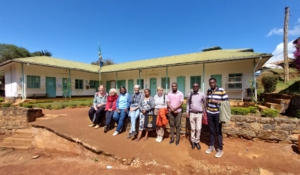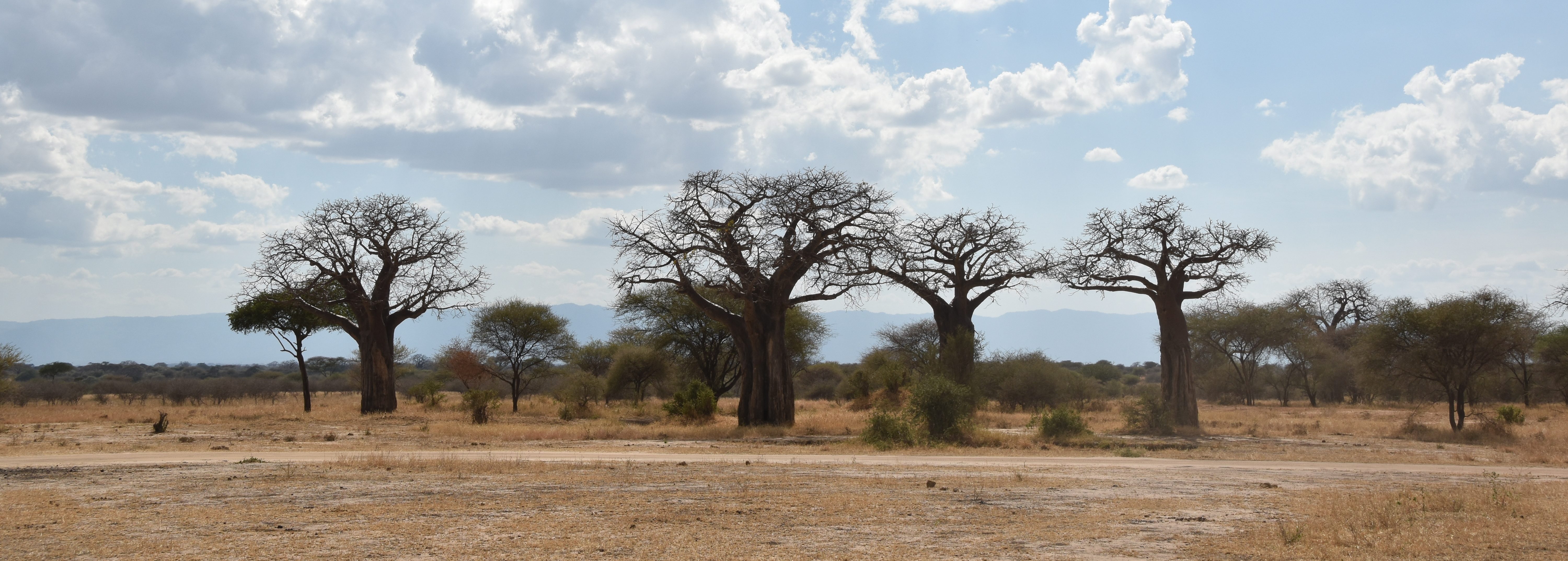improves mother and child care in Afrika

For two days, we traverse the mountains, moving from one health center to another, from government clinics to private ones, and from bustling centers to nearly deserted outposts. This provides us with a comprehensive overview of local healthcare. Our focus remains on how maternal and child care is organized and the role of prenatal ultrasound in this context.
The picture is varied. We encounter both museum-worthy equipment and relatively modern ultrasound devices, and even a brand-new acquisition still in its packaging. It's noticeable that about 10 years ago, some individuals in this area were trained in ultrasound, and they continue to perform most of the ultrasounds. They do what they can, but it's evident that there is a structural lack of ultrasound expertise, insufficient capacity to meet the demand for ultrasounds, and unfortunately, there hasn't been investment in training a new generation of ultrasound technicians. There are already too few of them in Tanzania, and in this remote part of the country, the shortage is even more pronounced—it's very challenging to attract people to work here.
Health posts in this mountainous region are relatively far apart. As we travel, rain begins, and we realize that a four-wheel-drive vehicle is not a luxury in the muddy terrain. It's no wonder that in these rural areas, many women still give birth at home with the assistance of a traditional, unofficially trained midwife (doula). Thanks to a Dutch project, some doulas have been trained to recognize risks early.
Pregnant women here don't receive a standard ultrasound during pregnancy, as recommended by the World Health Organization. In cases where complications requiring an ultrasound are suspected, a pregnant woman is quickly referred to the larger health center in Lushoto.
We are impressed by that clinic. There has been significant investment in new construction, there is a real oxygen factory, and both the ultrasound department and the maternity ward are well organized. There are three ultrasound technicians, two of whom are officially trained. Ahmed Tunda, the unofficially trained ultrasound technician, is eager to expand his knowledge, and we decide to offer him ultrasound training with our local trainer, Regina, in Tabora.
Before we pack our bags and leave the mountains, we assess the past few days. Due to the many impressions, we have gained a good understanding of this area and the challenges it faces in maternal and child care. We have also established interesting contacts.
It is clear to us, as a foundation, that we need to invest further in the basics here, specifically in (further) training ultrasound technicians. Initially, we want to expand and deepen the ultrasound capacity and expertise in large health centers like Lushoto (as these are the centers where women are referred). Afterward, we can invest in ultrasound capacity in smaller centers and eventually in the rural areas, while mobile ultrasound in this region remains a future prospect for now.




